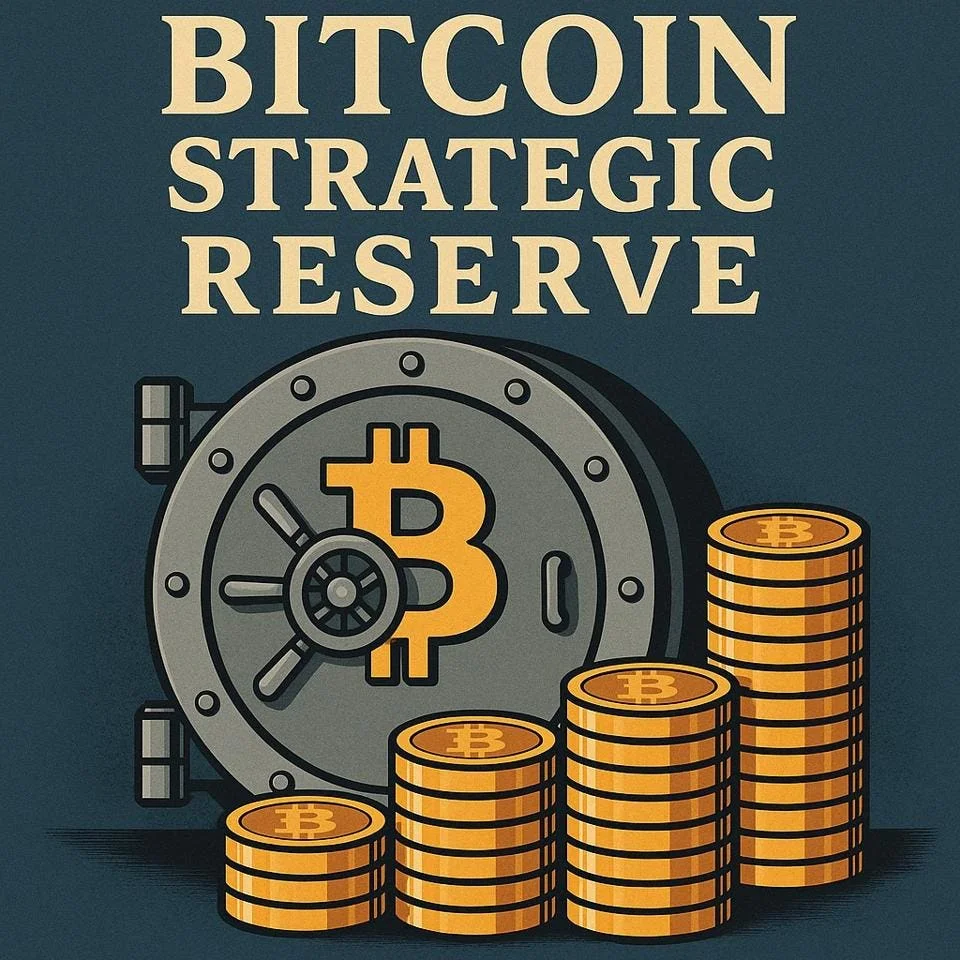
Is the Trump Administration Betting on Bitcoin?
In a move that has sparked considerable debate, the Trump administration is contemplating an innovative yet controversial approach to managing its tariff revenue: investing in Bitcoin. This proposal, spearheaded by crypto advocate Bo Hines, aims to create a "Strategic Bitcoin Reserve" using funds generated from global tariffs.

The discussions surrounding this initiative come at a time when the administration's tariff policy is already facing criticism. Many economists argue that while tariffs are presented as a means to bolster domestic production and generate revenue, their true impact on the economy might be largely negative. The proposed tariff revenues could replace a significant portion of income tax revenue, but many financial experts from various political backgrounds deem these projections unrealistic.
George Selgin, an economist and professor emeritus at the University of Georgia, called the combination of tariffs and Bitcoin investment as nothing more than a collection of "bad ideas," insisting that such maneuvers would only harm American taxpayers and undermine the principles of free-market economics. He highlights that the projected costs of tariffs could disproportionately burden low-income families, with estimates indicating an average loss of $3,800 per household annually.
Despite these criticisms, proponents of the Bitcoin Strategic Reserve believe that establishing a government-backed Bitcoin fund could not only pave the way for wider acceptance of cryptocurrencies but also serve as a hedge against inflation and the devaluation of the U.S. dollar. During a crypto conference last summer, President Trump himself indicated his support for a national Bitcoin stockpile, aligning his administration with the burgeoning crypto community's ambitions.
Interestingly, the reserve is not without its limitations. The executive order stipulates that any new Bitcoin purchases must be budget-neutral. This condition raises questions about the practicality of implementing such a policy without extracting funds from taxpayers—a scenario many critics vehemently oppose, given Bitcoin's volatile nature and speculative value.
While the idea of converting existing U.S. gold reserves into Bitcoin may have merits in some discussions around asset management, the fundamental question remains: Should the government even engage in the acquisition of cryptocurrencies? Critics argue that such decisions should reside within the private sector, where market competition and expertise can lead to more sensible financial strategies.
Ultimately, the proposal for a Bitcoin Strategic Reserve encapsulates the ongoing tension between traditional economic policies and the emerging landscape of decentralized finance. As the Trump administration navigates this uncharted territory, it remains to be seen how this could impact both taxpayers and the future of cryptocurrency in the United States.
What do you think about the government's potential investment in Bitcoin? Share your thoughts in the comments below!